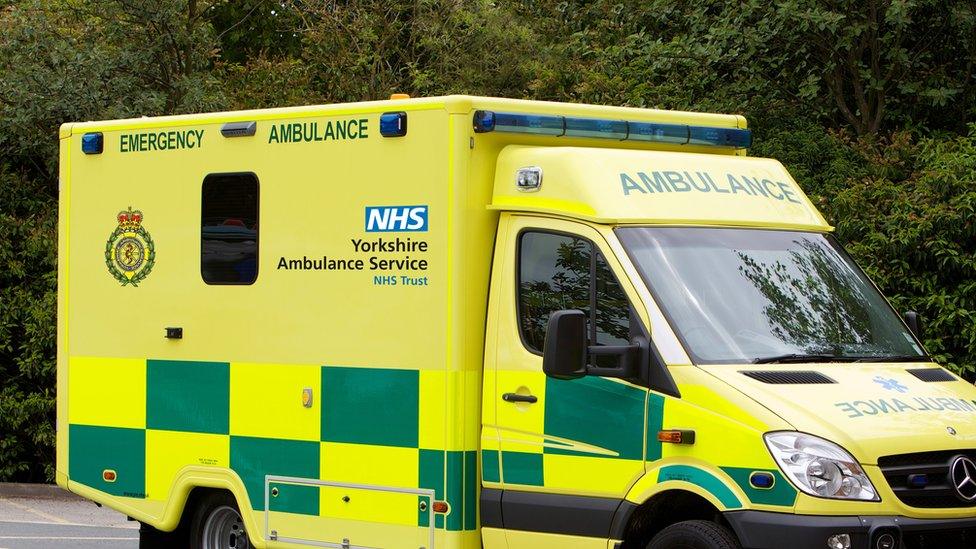Triage firm defends system over Bridport man's death
- Published
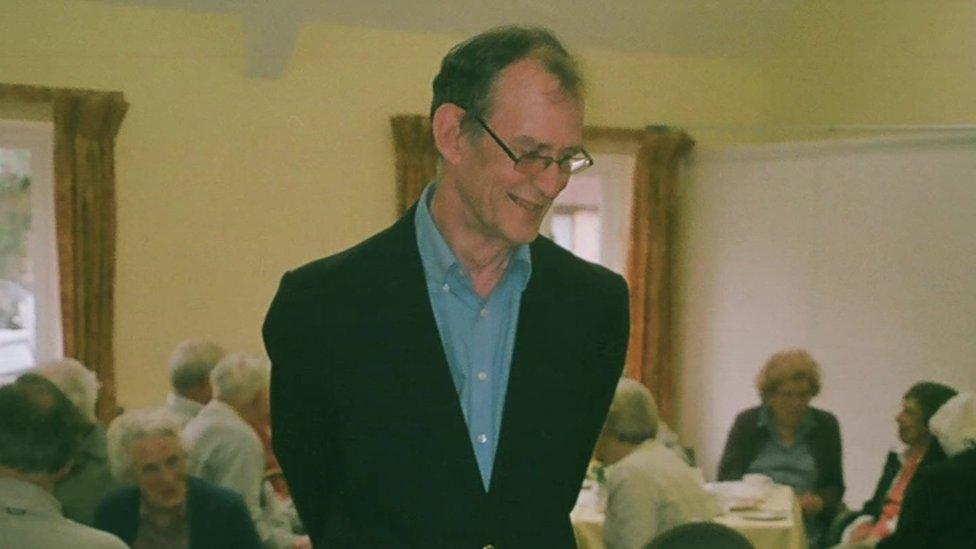
Kenneth Adams waited nearly eight hours for an ambulance to arrive
A firm has denied a coroner's claim that its ambulance triage system may have led to the death of a man who waited eight hours for paramedics.
Kenneth Adams, 70, bled to death after falling at his home in Bridport in October 2021.
Dorset coroner Brendan Allen said the triage system was incapable of making Mr Adams a higher priority.
However, its creator, International Academies of Emergency Dispatch (IAED), said the 999 response was set locally.
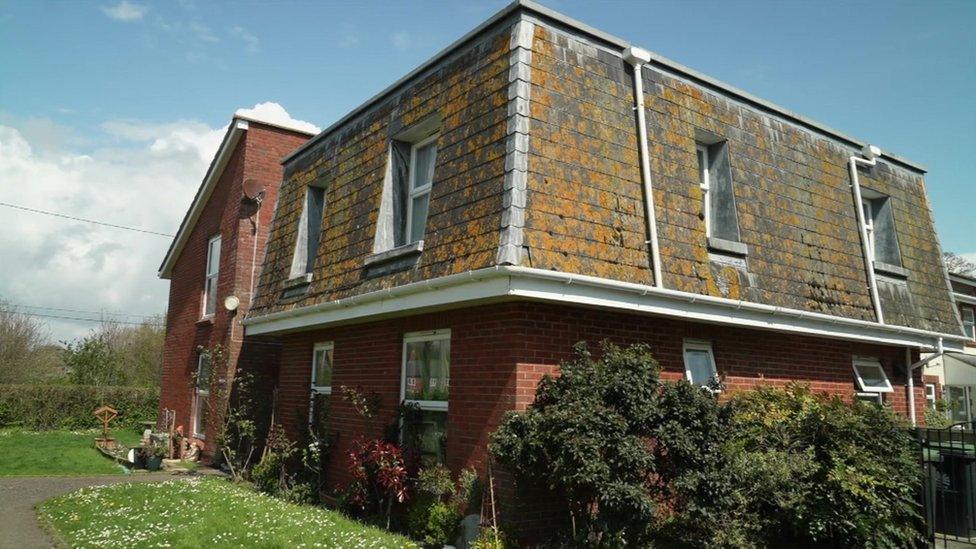
The retired university lecturer hit his head in a fall at his home in Vernons Court
IAED's system generates questions to allow 999 operators to determine the patient's general level of need, to which the NHS assigns one of five response levels.
Mr Adams, who was on blood clot medication, bled from his scalp after his fall in Vernons Court on 19 October.
South Western Ambulance Service (SWAS) designated him as a category three emergency, with a target response time of two hours.
Four hours later, SWAS was told that Mr Adams was still bleeding and was feeling "sick... and wobbly", the coroner said.
However, the category three designation was not changed, Mr Allen added.
He concluded the ambulance delay "more than minimally" contributed to the death.
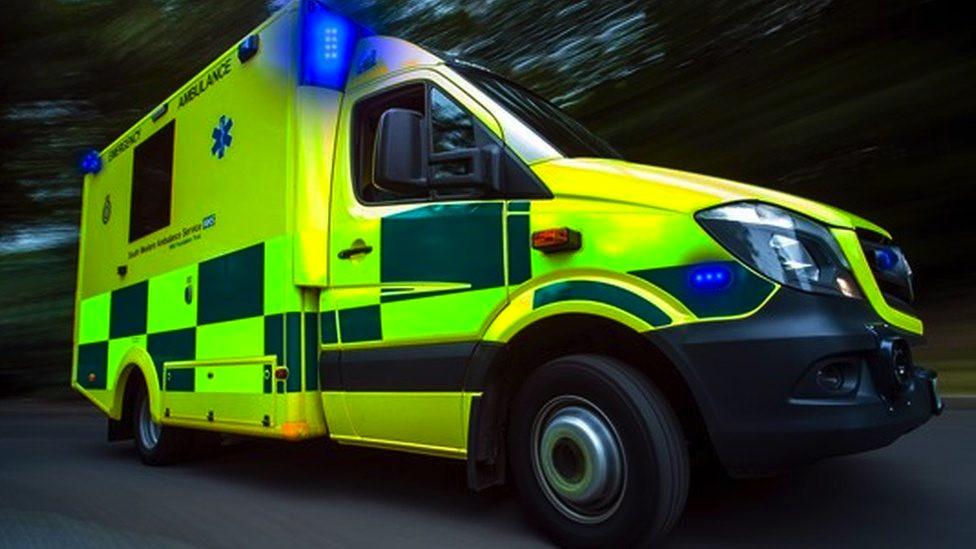
The ambulance wait "more than minimally contributed to the death", the coroner said
The coroner added: "A failure of the Medical Priority Dispatch System (MPDS) to acknowledge and assess persistent bleeding from a scalp injury against a background of antiplatelet medication also possibly contributed to his death."
In a Prevention of Future Deaths Report, external, he urged the system's designer to amend it.
However, IAED said the ambulance response level was largely determined by NHS England.
The US-based firm said: "The all-too-common extended response times endured by pre-hospital patients in the UK is not a function of MPDS triage but rather a consequence of inadequate resources [and] local response assignments to MPDS codes."
NHS England said it could not comment formally because the issue was before the coroner.
It said MPDS was one of two triage systems approved for use by ambulance services in England.
In November, a South Yorkshire coroner raised similar concerns over the system, saying a patient's blood clot medication should have made him a higher ambulance priority.
South Western Ambulance Service NHS Foundation Trust previously apologised for the delay in reaching Mr Adams at a time of "enormous pressure".

Follow BBC South on Facebook, external, Twitter, external, or Instagram, external. Send your story ideas to south.newsonline@bbc.co.uk, external.
- Published21 April 2023
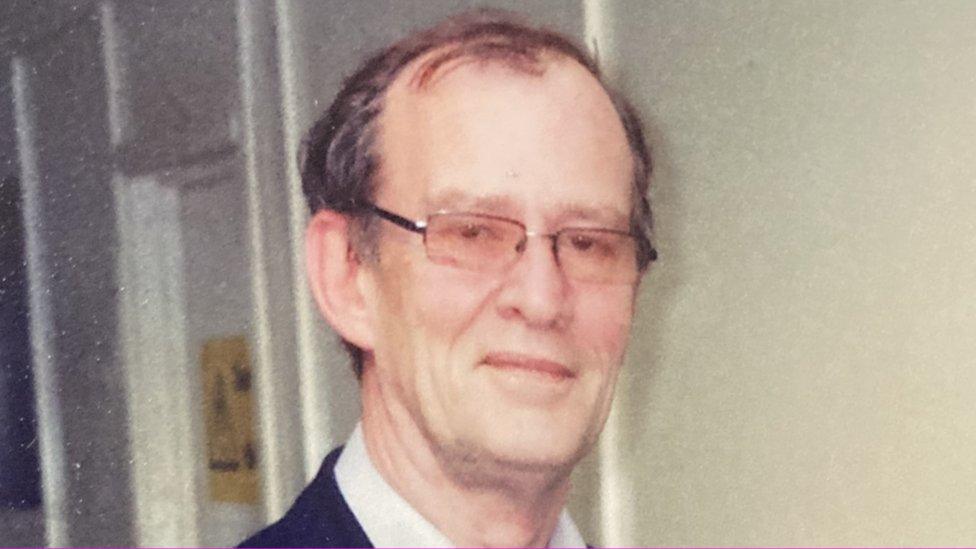
- Published23 November 2022
